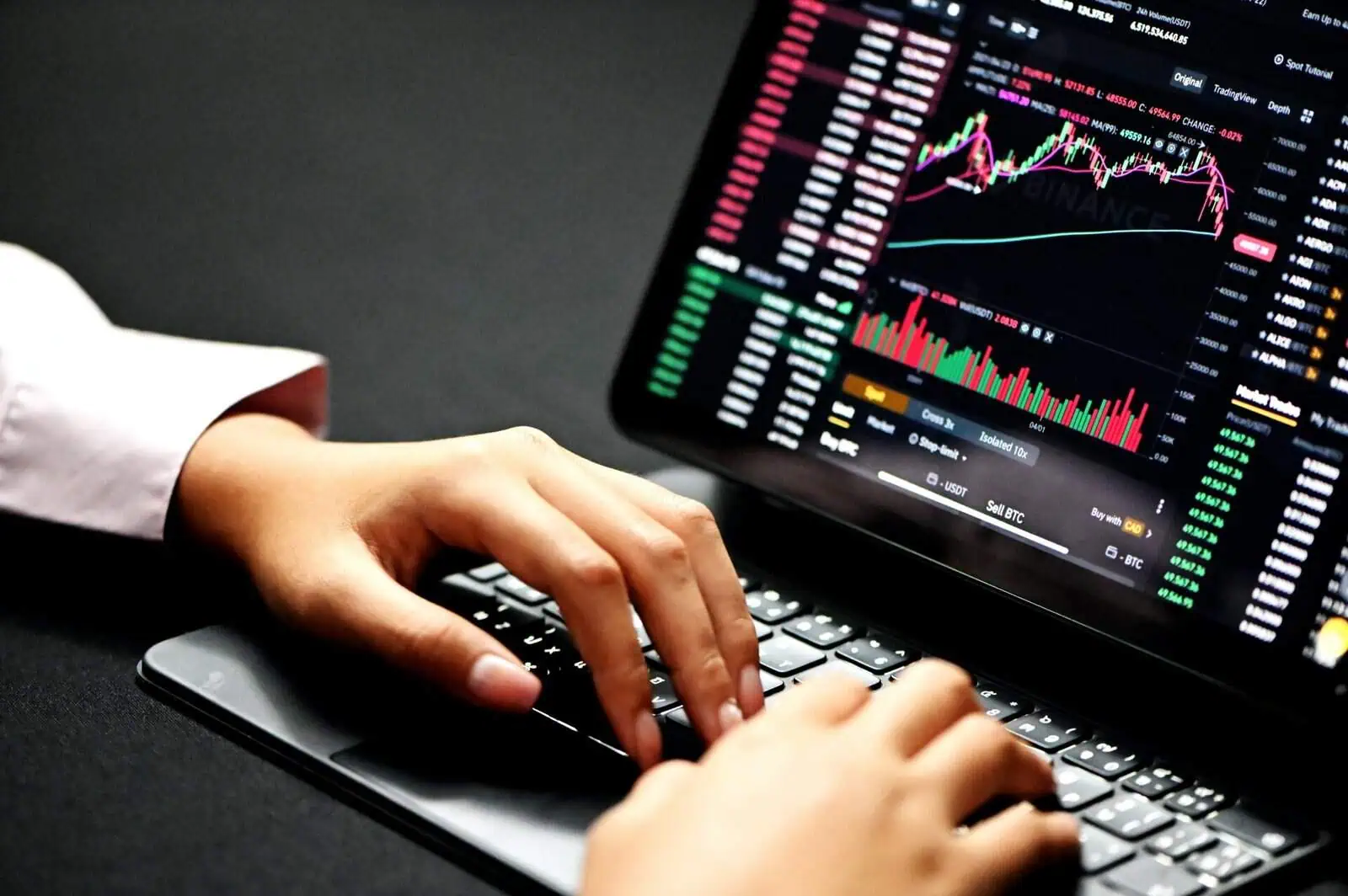Trading is becoming an increasingly popular skill that most people are keen to start learning. However, before you can start trading, there are a few things that you need to know. In this article, we will discuss seven things you should know before you start trading.
There Are Different Ways To Trade
There are many different ways to trade. Some of these include futures trading, options trading, spread betting, and CFD trading. Futures trading is a strategy that involves purchasing a contract for a commodity or security at a fixed price, with the intention of selling it at a later date for a profit. Futures contracts are standardized, so they can be traded on an exchange, and they’re usually traded using leverage, which means that investors only need to put up a small amount of money to control a large position. Futures trading is often used by investors as a way to hedge against future price changes in the underlying asset. For example, if an investor expects the price of gold to increase in the future, they might purchase a gold futures contract. If the price of gold does indeed increase, the investor will be able to sell their contract for a profit. However, if the price of gold falls, the investor will incur a loss.
Options trading is similar to futures trading in that it involves purchasing a contract for an underlying asset at a fixed price, to sell it at a later date for a profit. Spread betting is another way to profit from future price movements in an underlying asset. Spread bets are generally made on the direction of the price movement, rather than on the actual price level. For example, an investor might bet that the price of gold will rise by 10% over the next year. If the price of gold does indeed rise by 10%, the investor will make a profit. CFD trading is a type of derivative trading that allows investors to speculate on the future price of an underlying asset. CFDs are traded on margin, which means that investors only need to put up a small amount of money to take on a large position. This can be a risky investment strategy, as investors can lose more money than they have invested if the price of the underlying asset moves against them. Before you begin trading, it’s important to do your research on all the different trading strategies there are to find one that will work best for you.
Trading Can Be Learnt By Anyone
Generally speaking, trading is not a particularly easy thing to learn, but it is certainly possible for someone to become a successful trader if they are willing to put in the effort. The most important thing for a beginner to remember is that there is no substitute for practice and experience. The more you trade, the better you will become at it. Of course, some people are naturally more gifted when it comes to trading than others. If you have a good head for numbers and an analytical mind, then you may find that trading comes more easily to you.
Develop A Plan
When it comes to trading, having a plan is important for a number of reasons. First, a plan can help to keep you focused and on track. It can be easy to get caught up in the excitement of trading and to make impulsive decisions; a plan can help you to avoid this. Second, a plan can help you to manage your risk. By knowing how much you are willing to risk on each trade, you can help to protect your capital. Finally, a plan can help you to monitor your progress and performance. By keeping track of your trades, you can identify areas where you need to improve and make adjustments to your strategy.
Risk Management Is Important
Risk management is also critical in trading – without proper risk management, it is very easy to lose all of your capital.
You Need Discipline
Discipline is also extremely important. Without discipline, it is very easy to make impulsive decisions that can lead to losses.
Have Patience
Patience is another important virtue in trading – rushing into trades is often a recipe for disaster.
Budget Accordingly
If you don’t budget correctly, you could end up overspending on trades and losing money as a result. Additionally, if you’re not careful with your budgeting, you may find yourself unable to cover your losses if the market takes a turn for the worse.
Trade Trade Trade
In conclusion, it is important to remember that trading is not easy to learn, but it is possible for anyone to become a successful trader with practice and experience. It is also critical to have a plan and to manage risk properly. Finally, discipline and patience are essential virtues for any trader. If you budget correctly, you can ensure that you have enough money to cover your costs and still make a profit.

